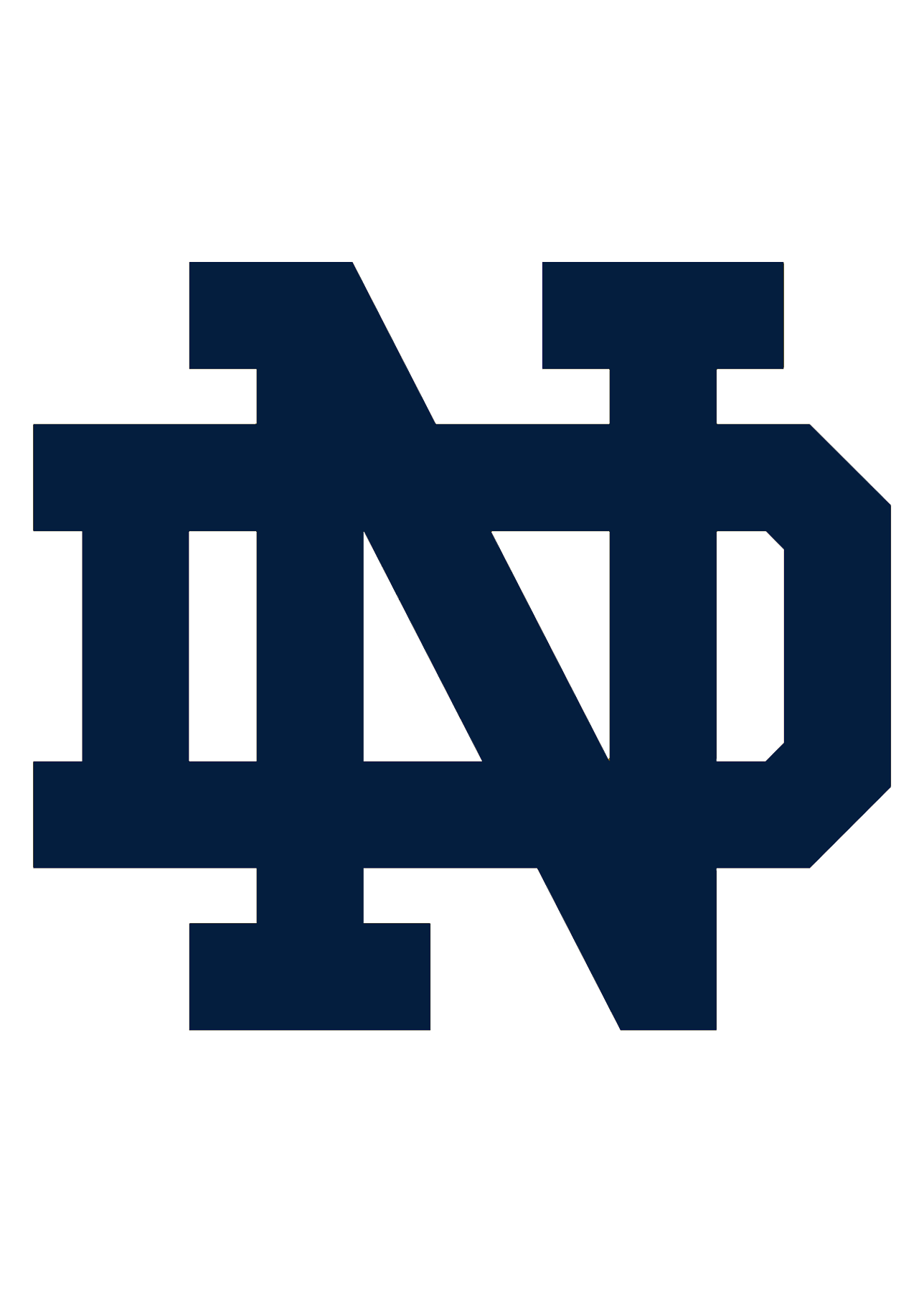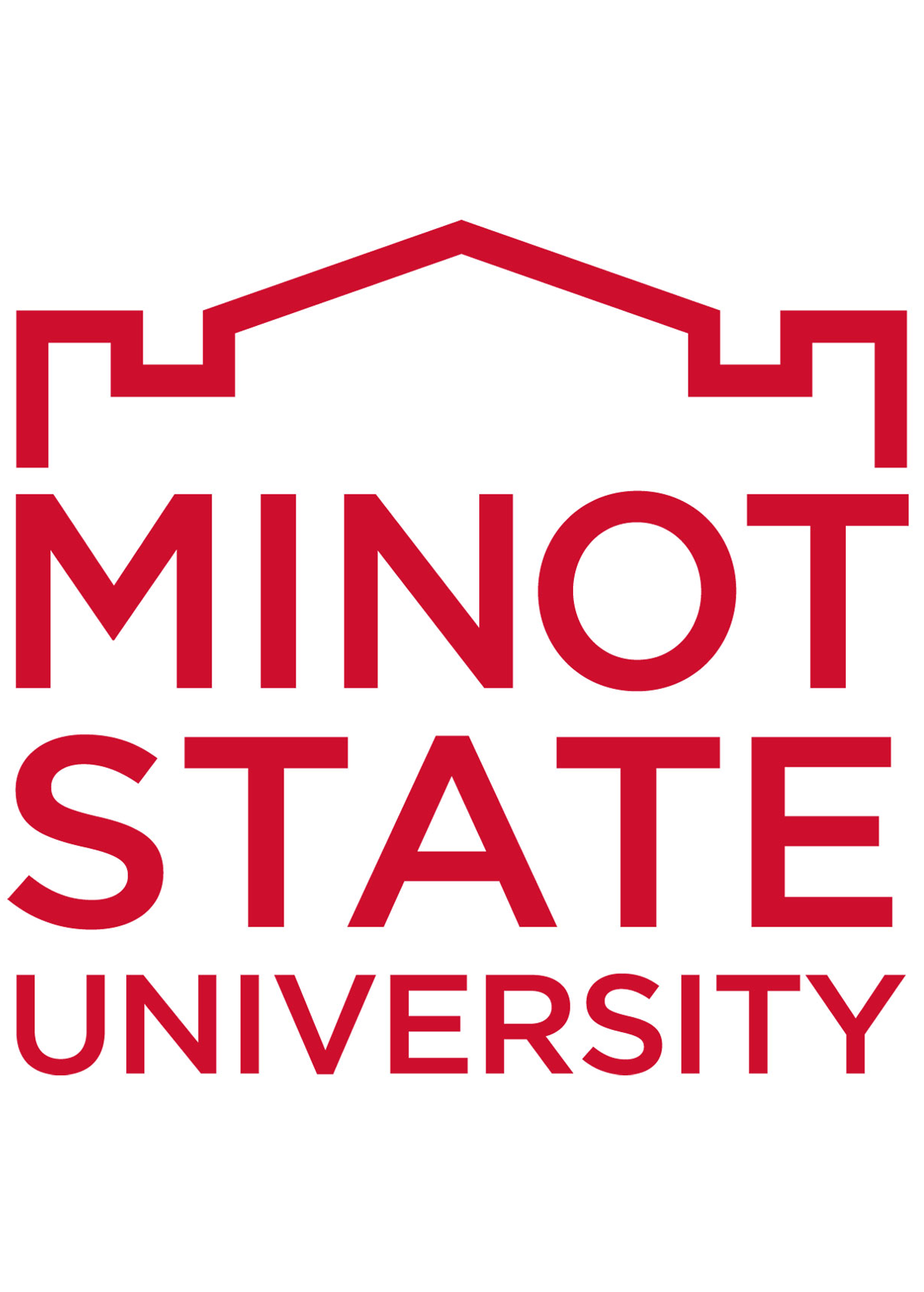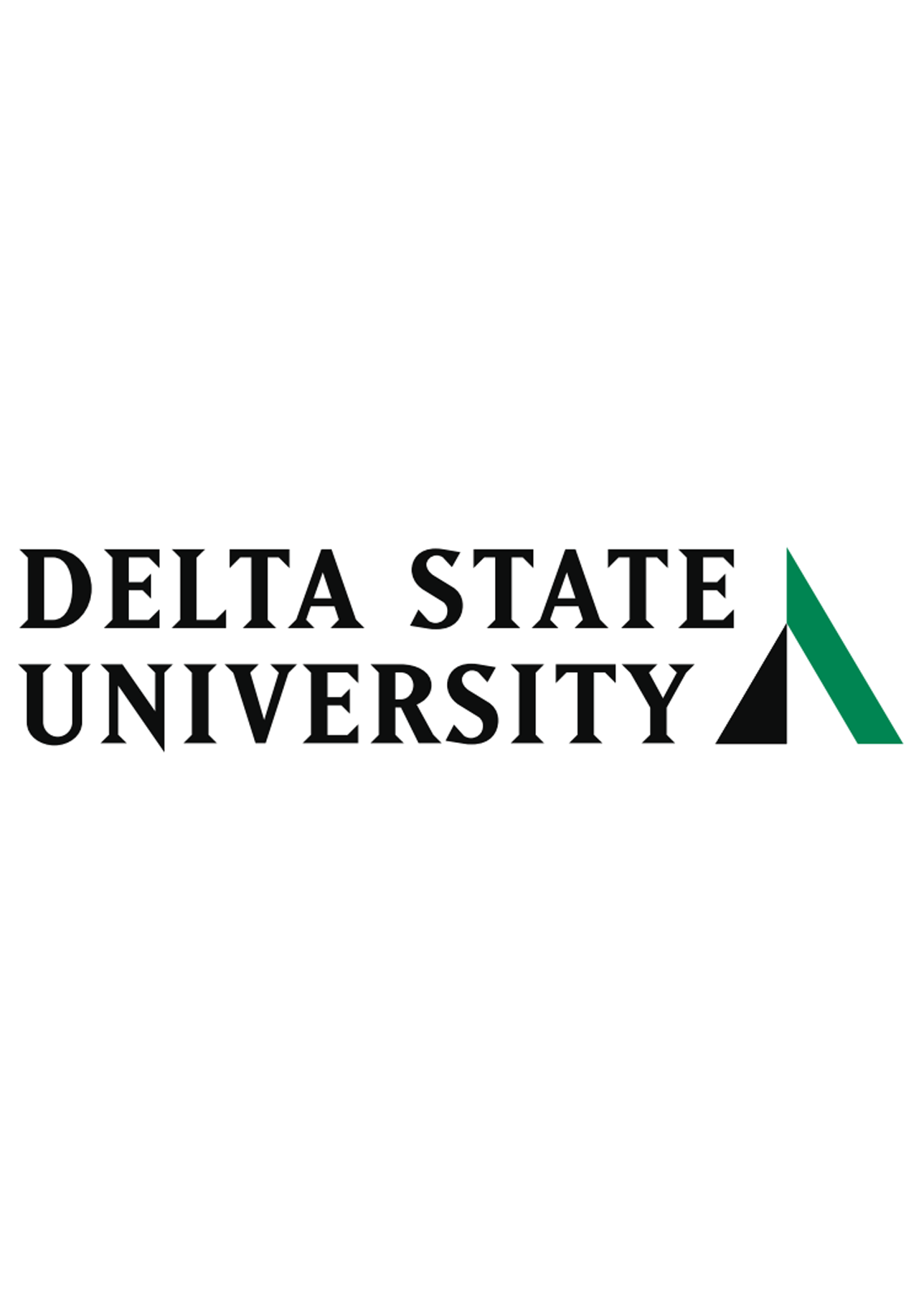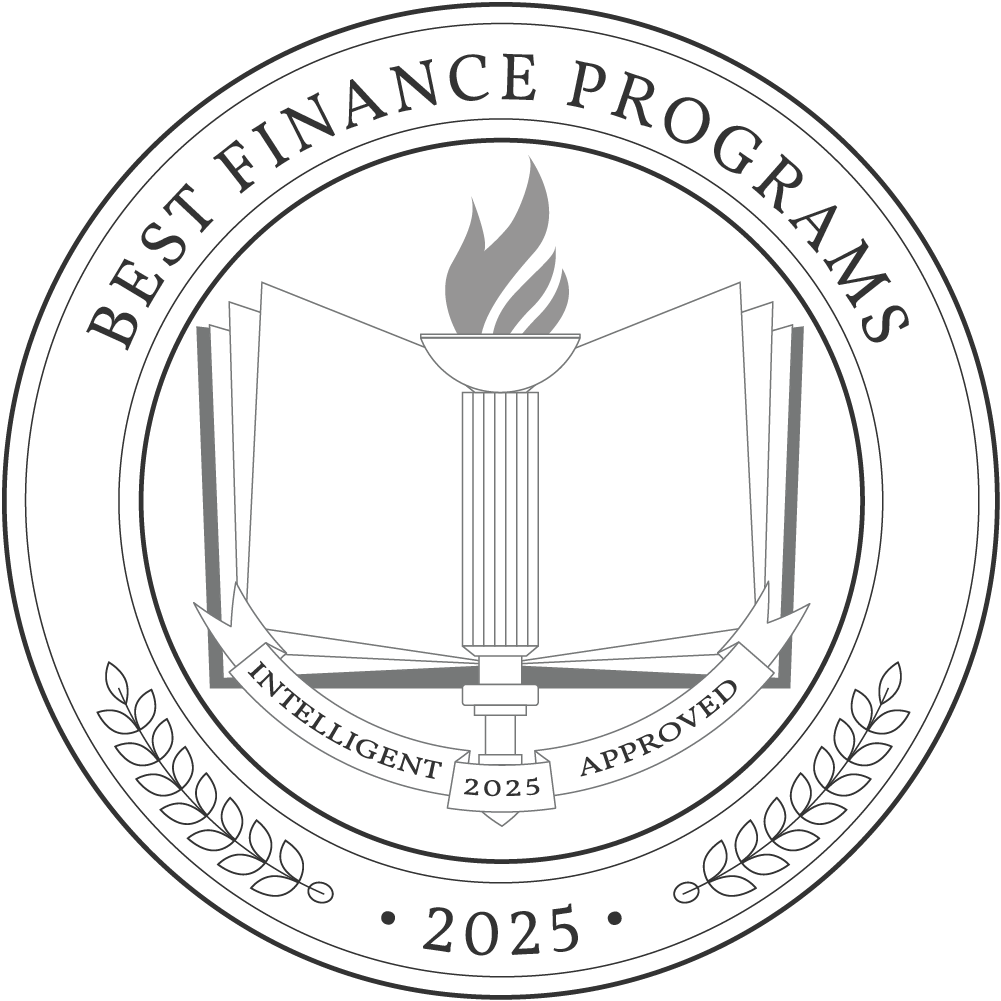People with finance degrees enjoy flexibility in their careers, whether they’re seeking jobs in banking, business, or any other industry that involves financial transactions. The median annual wage for graduates of finance degree programs was $76,850 in 2022, 40% higher than the median annual wage of $46,310.
Students in finance degree programs apply mathematical concepts and statistics to financial analysis, financial planning, accounting, risk management, and fiscal policy — all skills they’ll later use in various finance careers. The average cost of a four-year finance degree is $16,618, depending on the program and institution you choose. Many graduates go on to complete a postgraduate degree in finance, which can cost around $19,749 and take another one to two years.
Why Trust Us
The Intelligent.com Higher Education Team is dedicated to providing students with independent, equitable school and program rankings and well-researched resources. Our expert-driven articles cover topics related to online colleges and programs, paying for school, and career outlooks. We use data from the U.S. Department of Education’s College Scorecard, the National Center for Education Statistics, and other reputable educational and professional organizations. Our academic advisory team reviews content and verifies accuracy throughout the year for the most current information. Partnerships do not influence rankings or editorial decisions.
- Analyzed over 2,000 national, accredited, and nonprofit colleges and universities
- 800+ rankings pages are reviewed and updated yearly
- Content is informed by reputable sources, surveys, and interviews with academic advisors and other experts
- Over 100 data points are reviewed for accuracy and quality throughout the year, including sources
How we rank schools
Our list features the best Finance degree programs at top colleges nationwide. Each school featured is a nonprofit, accredited institution — either public or private — with a high standard of academic quality for post-secondary institutions.
We evaluated each school’s program on tuition costs, admission, retention and graduation rates, faculty, reputation, and the student resources provided for online students. We collected data from trusted sources like the National Center for Education Statistics, individual school and program websites, school admissions counselors, and other data sources. Then, we calculated the Intelligent Score on a scale of 0 to 100 based on the following criterion:
Academic Quality:
- Admission rate versus enrollment rate
- Retention rate of students who return after year one
- Accreditation status (regional and programmatic)
- Nonprofit status, both private and public institutions
Graduation Rate
- Overall graduation rate
- Total number of currently enrolled students, including diversity metrics
- Student-to-faculty ratio
Cost and ROI
- In-state and out-of-state per-credit tuition rates and fees
- Required credits to graduate
- Earning potential after graduation
- Availability of federal student loans, scholarships, and other financial aid options
Student Resources
- Available student services for online-only and hybrid programs
- On-campus amenities like tutoring centers and the number of libraries
Read more about our ranking methodology.
Best 50 Accredited Finance Degree Programs
FiltersInstitution Type
Status
- Intelligent Score
- Alphabetically By University Name
- Acceptance Rate
- Enrollment
- In-state Graduate Tuition
- Out-of-state Graduate Tuition
- In-state Undergraduate Tuition
- Out-of-state Undergraduate Tuition

The University of Texas at Austin
Intelligent Score: 99.52In-state: $11,448
Out-of-state: $40,032
In-state: $12,028
Out-of-state: $12,028
SAT: 1210-1470
ACT: 26-33
In-State: $565
Out-of-State: $2,029
On-Campus
Association to Advance Collegiate Schools of Business
120

MIT Sloan School of Management
Intelligent Score: 98.59In-state: $53,450
Out-of-state: $53,450
In-state: $53,450
Out-of-state: $53,450
SAT: 1510-1580
ACT: 34-36
$925
On-Campus
Association to Advance Collegiate Schools of Business
180-192

Carnegie Mellon University
Intelligent Score: 98.33In-state: $57,560
Out-of-state: $57,560
In-state: $46,441
Out-of-state: $46,441
SAT: 1460-1560
ACT: 33-35
$2,694
On-Campus
Association to Advance Collegiate Schools of Business
128

UF Warrington College of Business
Intelligent Score: 98.31In-state: $4,477
Out-of-state: $25,694
In-state: $10,770
Out-of-state: $10,770
SAT: 1290-1460
ACT: 29-33
Resident: $149
Non-Resident: $856
On-Campus
Association to Advance Collegiate Schools of Business
120

University of Wisconsin - Madison
Intelligent Score: 98.07In-state: $9,273
Out-of-state: $37,161
In-state: $10,728
Out-of-state: $10,728
SAT: 1260-1460
ACT: 27-32
Resident: $585
Non-Resident: $1,810
On-Campus
Association to Advance Collegiate Schools of Business
120-123

University of Illinois at Urbana - Champaign
Intelligent Score: 97.41In-state: $14,317
Out-of-state: $33,824
In-state: $15,016
Out-of-state: $15,016
SAT: 1200-1460
ACT: 27-33
In-State: $599
Out-of-State: $1,215
On-Campus
Association to Advance Collegiate Schools of Business
124

Ohio State University
Intelligent Score: 97.26In-state: $10,615
Out-of-state: $32,599
In-state: $11,560
Out-of-state: $11,560
SAT: 1210-1430
ACT: 26-32
$492
On-Campus
Association to Advance Collegiate Schools of Business
120

Bentley University
Intelligent Score: 96.96In-state: $53,790
Out-of-state: $53,790
In-state: $40,992
Out-of-state: $40,992
SAT: 1180-1360
ACT: 26-31
$1,938
On-Campus
Association to Advance Collegiate Schools of Business
121-123

Penn State University
Intelligent Score: 96.39In-state: $32,656
Out-of-state: $52,610
In-state: $34,991
Out-of-state: $34,991
SAT: 1220-1380
ACT: 26-31
$820
On-Campus
Association to Advance Collegiate Schools of Business
120

University of North Georgia
Intelligent Score: 96.03In-state: $3,969
Out-of-state: $14,123
In-state: $4,140
Out-of-state: $4,140
SAT: 990-1180
ACT: 19-25
In-State: $186
Out-of-State: $658
On-Campus
Association to Advance Collegiate Schools of Business
120

University of Notre Dame
Intelligent Score: 92.62In-state: $57,192
Out-of-state: $57,192
In-state: $57,050
Out-of-state: $57,050
SAT: 1400-1550
ACT: 32-35
$2,591
On-Campus
Association to Advance Collegiate Schools of Business
122

Washington University In St. Louis
Intelligent Score: 92.58In-state: $56,300
Out-of-state: $56,300
In-state: $56,300
Out-of-state: $56,300
SAT: 1480-1560
ACT: 33-35
$2,058
On-Campus
Association to Advance Collegiate Schools of Business
120

Indiana University
Intelligent Score: 92.16In-state: $9,815
Out-of-state: $36,194
In-state: $9,786
Out-of-state: $9,786
SAT: 1120-1350
ACT: 24-31
In-State: $294
Out-of-State: $1,012
On-Campus
Association to Advance Collegiate Schools of Business
120

Santa Clara University
Intelligent Score: 90.63In-state: $52,998
Out-of-state: $52,998
In-state: $23,507
Out-of-state: $23,507
SAT: 1270-1450
ACT: 28-32
$1,627
On-Campus
Association to Advance Collegiate Schools of Business
175

Minot State University
Intelligent Score: 90.62In-state: $6,691
Out-of-state: $6,691
In-state: $8,731
Out-of-state: $8,731
SAT: 880-1070
ACT: 18-24
$298
On-Campus
International Accreditation Council for Business Education
120

Thomas Edison State University
Intelligent Score: 89.64In-state: $14,742
Out-of-state: $16,926
In-state: $22,623
Out-of-state: $22,623
SAT: Not Required
ACT: Not Required
In-State: $419
Out-of-State: $545
On-Campus
Accreditation Council for Business Schools and Programs
120

Georgetown University
Intelligent Score: 89.08In-state: $57,384
Out-of-state: $57,384
In-state: $53,136
Out-of-state: $53,136
SAT: 1380-1550
ACT: 31-35
$2,704
On-Campus
Association to Advance Collegiate Schools of Business
120

Delta State University
Intelligent Score: 88.1In-state: $7,951
Out-of-state: $7,951
In-state: $7,951
Out-of-state: $7,951
SAT: 885-1125
ACT: 18-23
$351
On-Campus
Accreditation Council for Business Schools and Programs
120
How to Choose a Finance Degree Program
Choose your area of study
Because the scope of finance careers spans so many industries, your area of study depends on the career you have in mind. Finance students’ undergraduate degrees include an Associate of Science (AS) and a Bachelor of Science (BS) in finance. For postgraduate degrees, choose between a Master of Finance (MFin), a Master of Science in Finance (MSF), or a Master of Business Administration (MBA) with a concentration in finance.
- An AS in finance covers the basics of finance. It takes two years to earn and prepares students for careers as bookkeepers, credit analysts, accounting clerks, mortgage brokers, or loan officers.
- Graduates of four-year BS programs learn more about financial analysis and risk management for careers as financial planners, real estate agents, actuaries, insurance agents, and accountants.
- An MFin or MS in finance are strong options for students who prefer finance-specific courses or careers based on advanced mathematic principles.
- An MBA in finance provides students with more coursework on business and management principles for flexible careers within the business world.
Consider professional certifications when you choose your area of study. Many graduates of finance degree programs pursue certifications to become a Certified Public Accountant (CPA), Financial Risk Manager (FRM), or Certified Financial Planner (CFP).
Research schools and programs
When choosing a school for your finance degree program, make sure it’s a regionally accredited institution so that your credits and degrees are transferable to other schools. Consider programs that are accredited by independent organizations like the Association to Advance Collegiate Schools of Business (AACSB) and the Accreditation Council for Business Schools and Programs (ACBSP). Programmatic accreditation ensures that they provide valuable and transferable degrees to their students.
Analyze your schedule and needs before narrowing down a list of potential finance degree programs. Determine which schools offer full-time versus part-time programs. If you plan to attend in person, find out if the school provides on-campus housing or if you will need to find your own accommodations.
Next, consider your career goals and interests, and determine which schools offer courses that you’ll find interesting. Contact an admissions counselor or program representative for more information, or attend open houses — either in-person or virtual — to learn more about the program’s course offerings. If possible, visit the schools you’re considering and sit in on a finance class during your visit.
Prepare for tests and applications
Finance degree programs can be competitive, so prepare your admission materials as thoroughly — and promptly — as possible. Gather letters of recommendation from teachers, advisors, and employers in your desired career field. Request sealed transcripts of prerequisite programs as soon as possible to ensure they arrive before the admissions deadline.
Applying for a finance degree program is an excellent time to put together your resume and CV, both of which you’ll use regularly in your career. Emphasize financial skills, courses, and work experience that sets you apart from fellow prospective students.
For AS and BS finance degree programs, ensure that your SAT and ACT scores meet the minimum requirements of your school’s admissions — especially the math portion. Students pursuing postgraduate degrees should take graduate admissions tests such as the GRE or GMAT (for MBA programs) as soon as possible in case they need time to retake them for a higher score.
Select your program
To choose between finance degree programs, consult your list of needs and priorities. Which program offers the specializations you’re seeking for a financial career? Does either program offer financial aid or scholarships? Which program’s prestige would make your resume stand out when applying for your future job?
If possible, talk to graduates from each educational institution. Listen to their experiences of campus life and academic courses. Research professors in each prospective program and read their books. Which academic experience will be the best fit for you?
Determine how you’ll pay for your degree
Create a budget for your projected expenses during your finance degree program. Include tuition, housing, transportation, and other costs associated with starting a new degree. Factor in learning materials, such as books, prerequisite courses, testing fees, and transcript costs.
Once you’ve listed your expenses and chosen your institution, it’s time to find a way to pay for it. Fill out the Free Application for Federal Student Aid (FAFSA) form to see how much financial aid you qualify for. If you currently work in the financial sector, ask about employer tuition assistance. Talk to your school’s financial aid officer for information about grants and scholarships that don’t need to be repaid after graduation.
What Can You Expect From a Finance Degree Program?
Finance degree programs take students through theoretical and real-world financial situations. Similar to economics programs, which provide a lens for viewing the global market and economy, finance programs allow students to apply analytic and statistical models to different financial systems.
In-person finance degree programs include lectures and case-based projects. Since projects require data analysis and financial reports, you’ll need strong math and writing skills at all levels. A background in statistics, business, and economics is also helpful before you begin a postgraduate finance degree program.
Undergraduate finance degree programs take two to four years to complete, depending on whether you’re earning an AS or a BS and attending on a full-time or part-time basis. Postgraduate finance programs like an MFin, MS, or MBA in finance generally take one to two additional years to complete after a graduate earns a BS in finance.
Potential courses you’ll take in a finance program
- Accounting. Students learn the principles of accounting and concepts associated with financial statements and recording transactions. They gain practical skills that range from bookkeeping to financial accounting.
- Financial Statistics. A general financial statistics course focuses on regression models, volatility, probability theory, and other concepts. Students learn to apply statistical principles and methods to the field of finance.
- Investments. Focusing on business forecasting, capital markets, and investment portfolio management, an investments or investment planning course teaches students to model information with a financial lens.
- Corporate Finance. Students learn to run a business, whether it’s a small entrepreneurial venture or a large corporation. They study cash management, fundraising, capital expenditures, and corporate accounting to discover financial best practices within a business context.
- Marketing. Since much of a finance degree depends on communication, a marketing course introduces finance students to the fundamentals of sales. Students examine principles, ethics, and practices of marketing and advertising through case-based projects and theoretical models.
Finance Degree Frequently Asked Questions
How do I apply to a finance degree program?
The admissions process for a finance degree program depends on the institution. Go to your desired program’s homepage and explore its admissions procedures and requirements, which will likely include letters of recommendation, test scores, transcripts, and a minimum GPA from your previous school.
It will also list application deadlines, some of which may be earlier than others, to allow for early admission. Contact the admissions office if you need more assistance with the application process or want to learn more about the institution.
How much does a finance degree cost?
In 2022, the average bachelor’s degree, including a BS in finance, costs $16,618. Associate degrees in finance cost an average of $3,859, while master’s degrees in finance cost around $19,749. These numbers include tuition and fees. Living expenses, transportation costs, and the cost of books and supplies may vary among institutions.
How long does it take to earn a finance degree?
Like most associate degrees, an AS in finance requires 60 credit hours, which is about 20 courses in a program. A bachelor’s degree in finance requires 120 credit hours (about 40 courses), while a master’s degree takes another 30-60 credit hours.
In-person, full-time finance degree programs can take two years for an AS, four years for a BS, and one to two years for a master’s degree (MFin, MBA in finance, or MS in finance). Online or part-time degree programs in finance may take longer, depending on how many credit hours you complete in a grading period.

